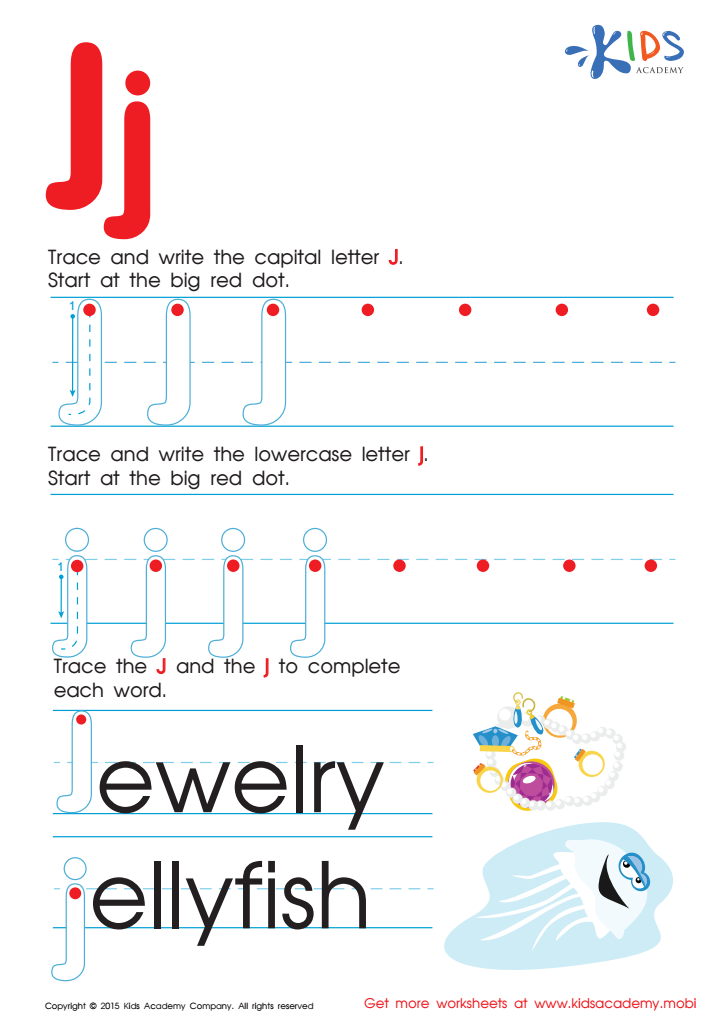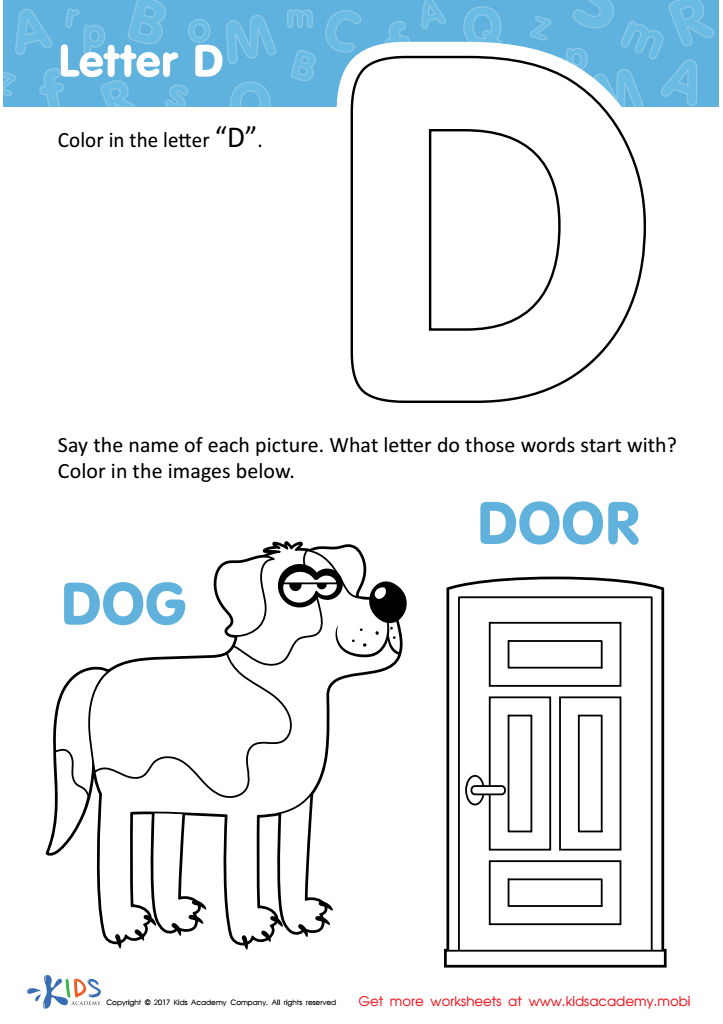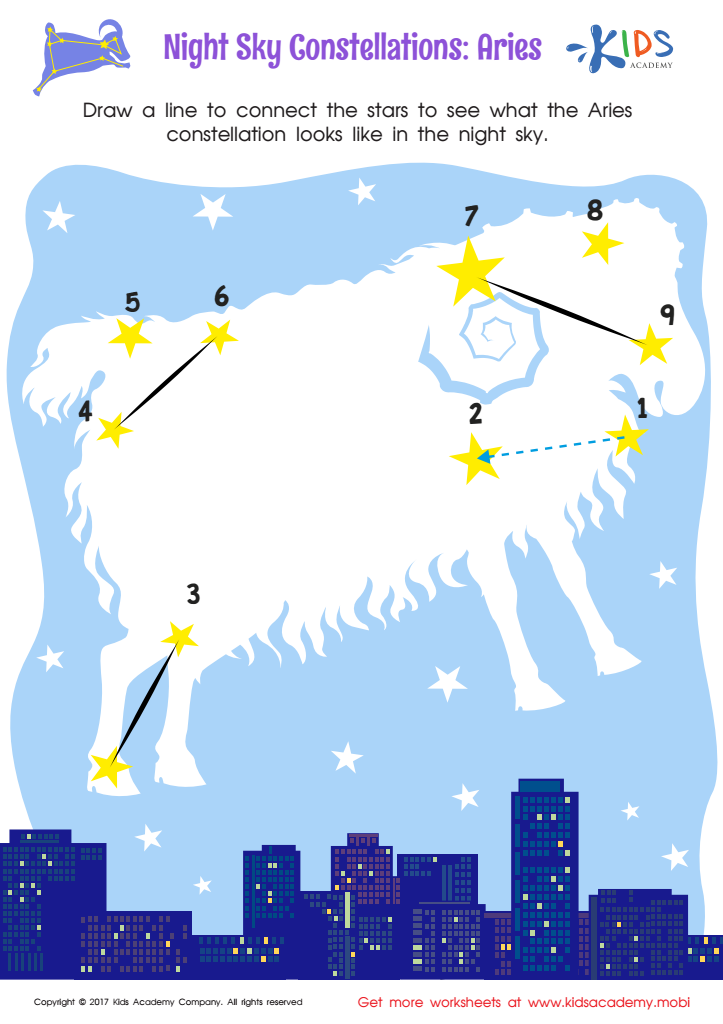Fine motor skills development Normal Worksheets for Ages 7-9
3 filtered results
-
From - To
Discover our "Fine Motor Skills Development Worksheets" designed specifically for children ages 7-9. These engaging worksheets support young learners in enhancing their fine motor skills through a variety of fun activities tailored to their developmental stage. Our carefully crafted exercises include tracing, cutting, and various artistic tasks that promote hand-eye coordination, dexterity, and concentration. Best suited for classrooms or home learning, these worksheets provide a perfect blend of education and entertainment, ensuring kids remain engaged while mastering essential skills. Empower your child’s growth in a creative way, fostering independence and confidence in their abilities. Download now and watch them thrive!


Letter J Tracing Page


Letter D Coloring Sheet


Night Sky Constellations: Aries Worksheet
Fine motor skills development is crucial for children aged 7-9, as these skills lay the foundation for everyday tasks and academic success. During this age, children are becoming more independent and have greater responsibilities, such as handling school supplies, managing their homework, and participating in extracurricular activities. Fine motor skills involve the coordination of small muscle movements in the hands and fingers, essential for tasks like writing, cutting, and using tools.
Parents and teachers should care about this developmental aspect because well-developed fine motor skills contribute to a child’s confidence and self-esteem. Proficient fine motor skills enable children to engage effectively in classroom activities, promoting better learning outcomes. Additionally, fine motor skills are linked to cognitive development, as they require concentration, hand-eye coordination, and problem-solving abilities.
Encouraging activities like drawing, crafting, and playing with small manipulatives can enhance these skills while making learning fun. Supporting fine motor skills development can lead to improved handwriting, creativity, and the ability to navigate technology effectively—key competencies in today’s world. By fostering these skills, parents and teachers can help children establish essential life skills that support their academic journey and prepare them for future challenges.
 Assign to My Students
Assign to My Students




















